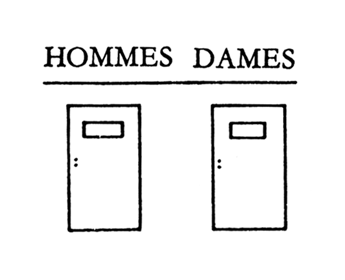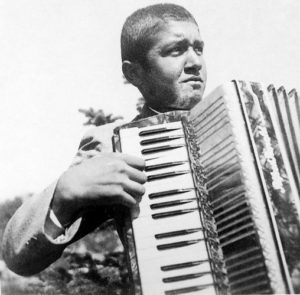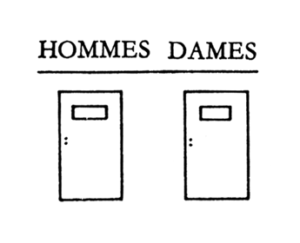
LGBT trendi standard kabul edilmiş cinsel karşıtlığın “yapı çözümlemesini” (deconstruction) yapabilir. İç gerilim ve tutarsızlıkları içinde tarihsel varoluş koşullarını göstererek, cinsel ayrımı kendiliğinden verili bir varoluşsal özelliğimiz olmaktan da çıkarabilir (de-ontologize). Ne var ki bütün bu doktrin, sayısız cinsel tercihin zorla ikili cinsel karşıtlığa (kadın ve erkek) sıkıştırılmış olduğunu, eğer ki bu ikili karşıtlıktan, yapay ve sıkı sıkıya belli kılıflardan sıyrılabilirsek özgürleşeceğimiz varsayımına dayanır. Neymiş efendim, hele ki şu ikili karşıtlıktan kendimizi kurtaralım, işte o zaman kendimizi gey, çiftcinsiyetli, ya da her neysek, o şekilde kendimizi bulabilirmişiz… Lacancı formül ise kazın ayağının hiç de öyle olmadığı söyler: karşıtlık (antagonizm) ve buna bağlı iç gerilim zaten cinselliğin temel kurucu ögesidir ve bu nedenle başka hiç bir tercihin hakikatine indirgenemez. Ne kadar farklı sınıflandırmalar yaparsanız yapın, bu iç gerilimi boşaltamazsınız. Continue reading “Cinselliğin Politikası (olmaz) – Bölüm 3 – Prof Slavoj Zizek”

